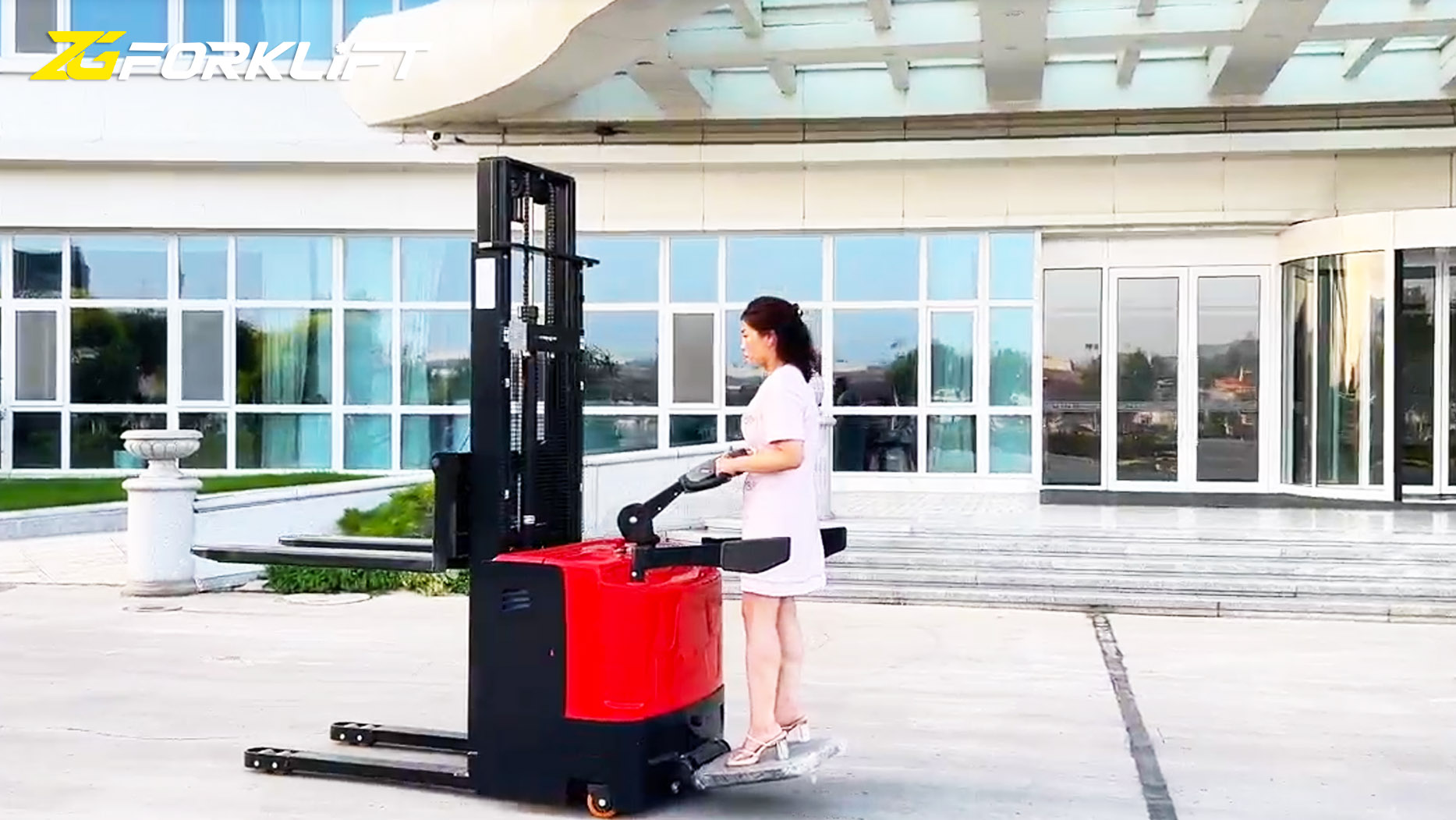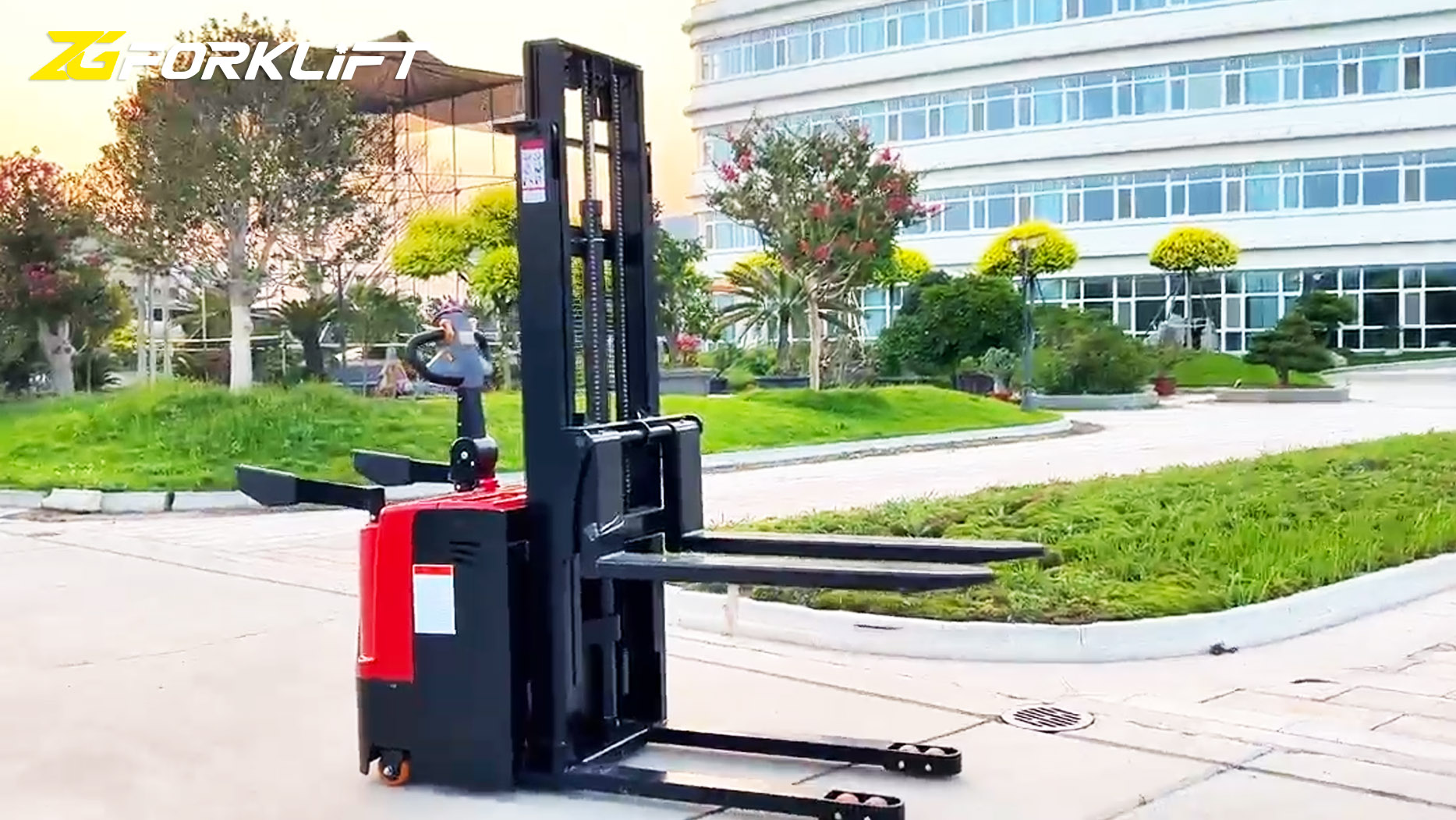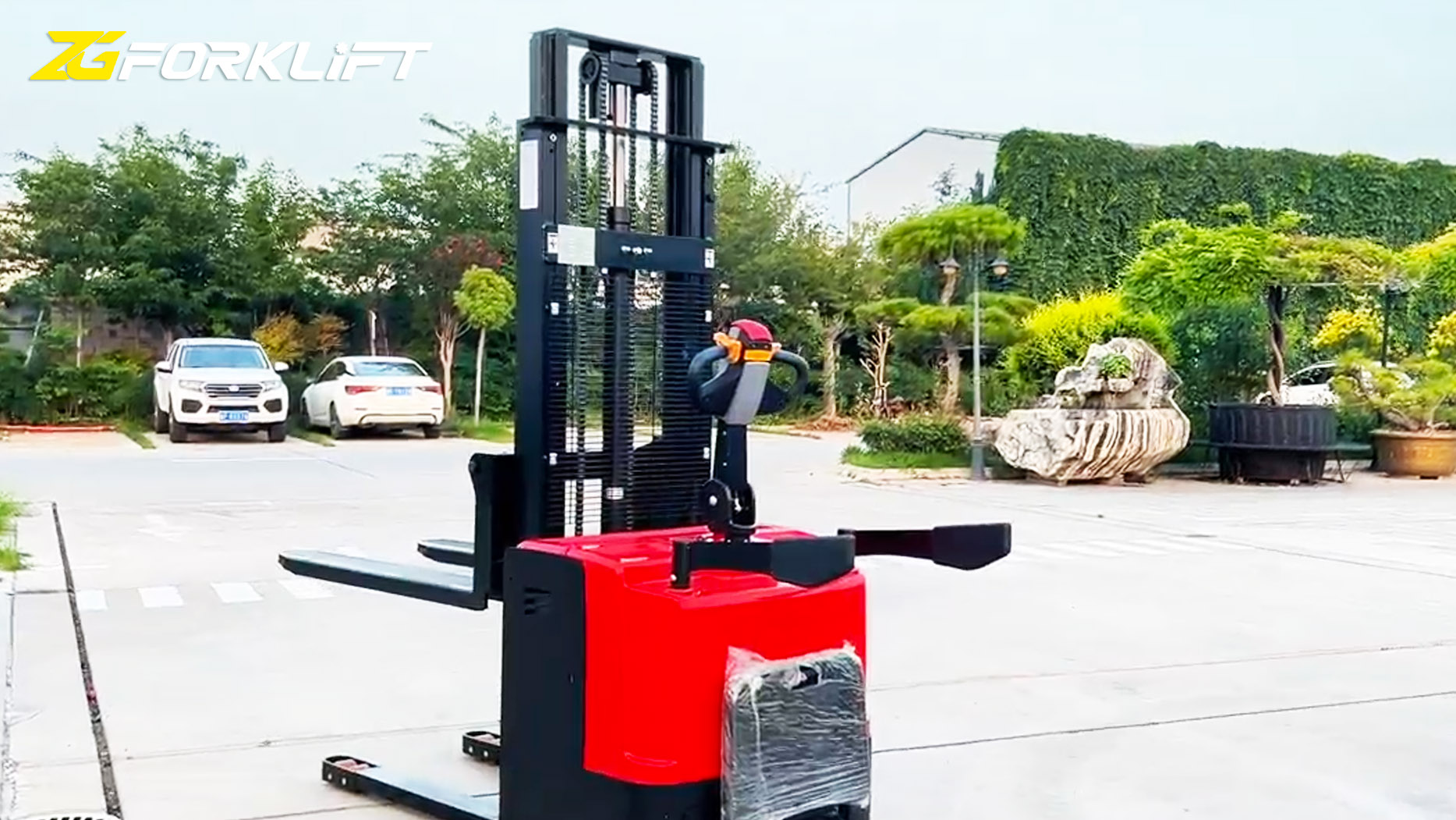Stacker Truck Markets: A Comprehensive Analysis
Introduction
Stacker trucks are essential material handling equipment used to lift, move, and stack palletized goods in warehouses, distribution centers, and manufacturing facilities. These versatile machines play a crucial role in optimizing logistics operations and enhancing efficiency across various industries. Understanding the diverse stacker truck markets is essential for businesses involved in manufacturing, distribution, and material handling. This article provides a comprehensive overview of the key stacker truck markets, exploring their unique characteristics, growth drivers, and challenges.
Key Stacker Truck Markets
Manufacturing
The manufacturing sector is a major consumer of stacker trucks. Industries such as automotive, electronics, food and beverage, and pharmaceuticals heavily rely on these machines for efficient material flow within their production facilities. Stacker trucks are used to transport raw materials, intermediate goods, and finished products between workstations, storage areas, and loading docks. The demand for stacker trucks in the manufacturing sector is driven by factors like increasing production volumes, lean manufacturing practices, and the need for efficient inventory management.
Warehouses and distribution centers are another significant market for stacker trucks. These facilities handle a wide range of goods, from small packages to large pallets, and stacker trucks are essential for moving and storing these items efficiently. Stacker trucks are used to load and unload trucks, move goods between storage locations, and prepare orders for shipment. The growth of e-commerce and the increasing demand for faster delivery times have further fueled the demand for stacker trucks in the warehousing and distribution sector.
Retail
Retail stores, especially large-format retailers and supermarkets, also utilize stacker trucks for various purposes. These machines are used to move merchandise between the stockroom and the sales floor, restock shelves, and prepare goods for customer pickup or delivery. The demand for stacker trucks in the retail sector is influenced by factors like the increasing popularity of online shopping, the need for efficient inventory management, and the desire to provide a seamless customer experience.
Logistics and Transportation
The logistics and transportation industry relies heavily on stacker trucks for efficient cargo handling at ports, airports, and intermodal terminals. These machines are used to load and unload containers, move goods between different modes of transport, and facilitate the smooth flow of goods through the supply chain. The growth of global trade and the increasing demand for faster and more efficient logistics operations have driven the demand for stacker trucks in this sector.
Agriculture
The agricultural sector also utilizes stacker trucks for various purposes, including loading and unloading produce from trucks, moving goods between storage areas, and preparing produce for shipment. The demand for stacker trucks in the agricultural sector is influenced by factors like increasing farm sizes, the need for efficient harvesting and processing, and the growing demand for fresh produce.
Market Segmentation
The stacker truck market can be further segmented based on various factors, including:
Type:
Capacity:
Application:
Order picking stackers
Telescopic stackers
Market Trends
Several key trends are shaping the stacker truck market:
Automation: The increasing adoption of automation technologies, such as automated guided vehicles (AGVs) and robotic arms, is transforming the material handling industry. Stacker trucks are being integrated with these technologies to create more efficient and flexible material handling solutions.
Electric Vehicles: The growing focus on sustainability and reducing carbon emissions is driving the demand for electric stacker trucks. These vehicles offer several advantages over traditional internal combustion engine (ICE) powered stackers, including zero emissions, reduced noise pollution, and lower operating costs.
Ergonomics: The emphasis on worker safety and ergonomics is leading to the development of more user-friendly stacker trucks. These machines are designed to reduce operator fatigue and prevent injuries, thereby improving productivity and reducing downtime.
Connectivity: The increasing connectivity of material handling equipment is enabling real-time tracking and monitoring of stacker trucks. This data can be used to optimize operations, improve maintenance, and enhance overall efficiency.
Challenges and Opportunities
The stacker truck market faces several challenges, including:
High initial investment costs: The high initial investment costs associated with purchasing stacker trucks can be a barrier for some businesses, especially small and medium-sized enterprises (SMEs).
Maintenance and repair costs: The ongoing maintenance and repair costs of stacker trucks can also be significant, adding to the overall cost of ownership.
Safety concerns: Improper operation and maintenance of stacker trucks can lead to accidents and injuries. Ensuring operator safety and compliance with safety regulations is crucial.
However, the stacker truck market also presents several opportunities:
Growing e-commerce market: The continued growth of e-commerce is driving the demand for efficient warehousing and distribution solutions, creating opportunities for stacker truck manufacturers and suppliers.
Increasing focus on sustainability: The growing focus on sustainability and reducing carbon emissions is creating opportunities for electric stacker trucks and other eco-friendly solutions.
Technological advancements: The ongoing development of new technologies, such as automation, artificial intelligence (AI), and the Internet of Things (IoT), is creating opportunities for innovative stacker truck solutions.
Conclusion
Stacker trucks are essential material handling equipment used across a wide range of industries. Understanding the diverse stacker truck markets is crucial for businesses involved in manufacturing, distribution, and material handling. By staying abreast of market trends and technological advancements, businesses can leverage stacker trucks to optimize their operations and gain a competitive advantage.
Post time:Jan.14.2025



